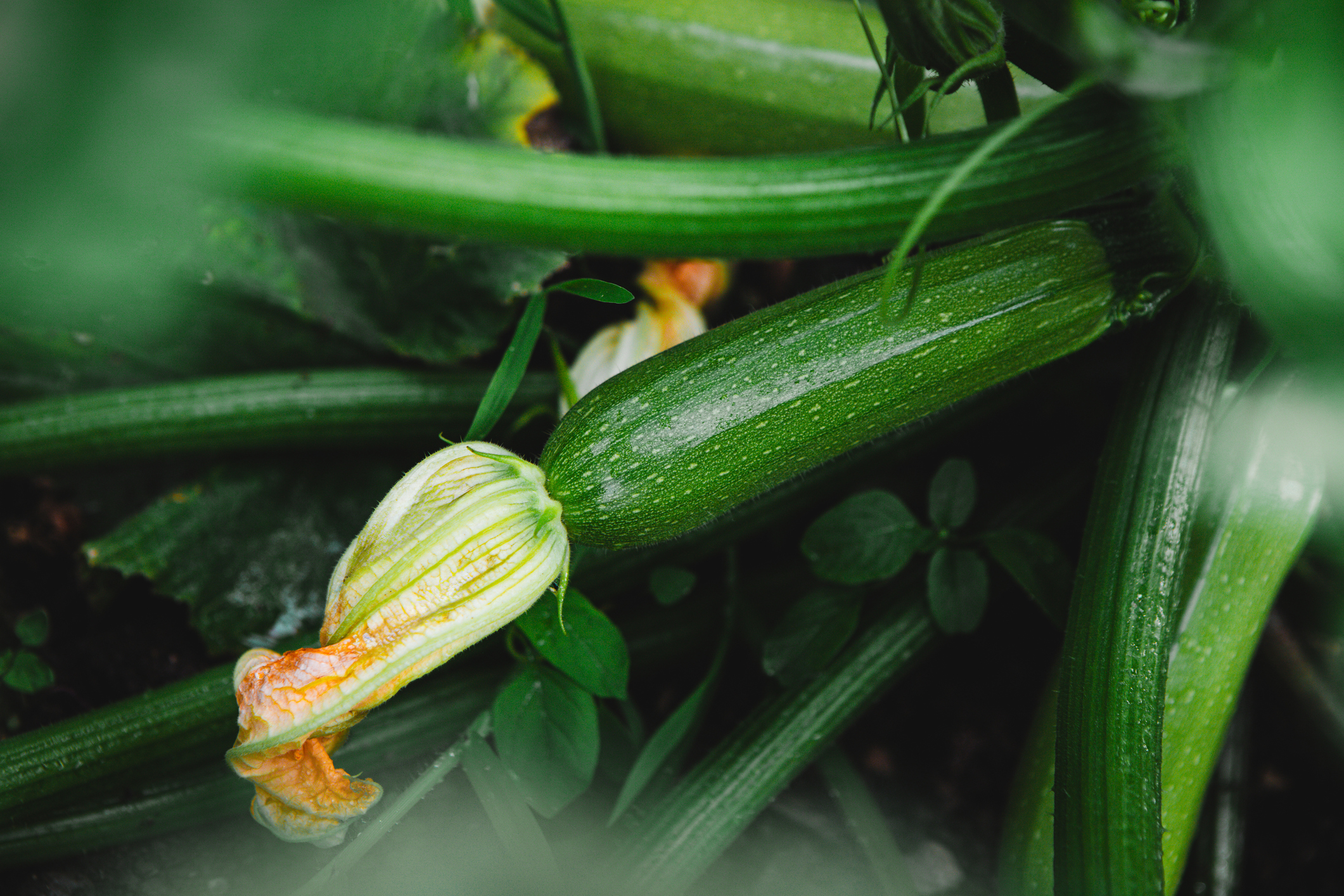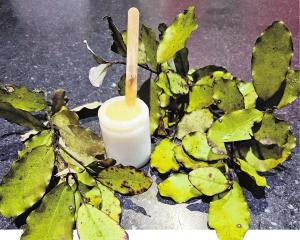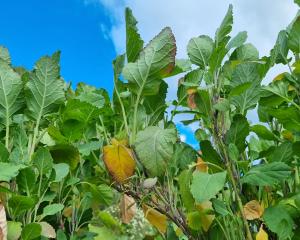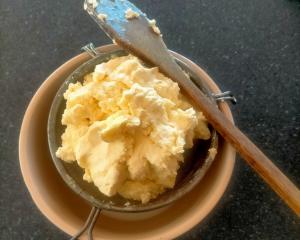
I grow zucchinis and every year I end up with glut. I sell a few, but you can only sell them for 50c or a dollar each in the season. They are bulky, don’t store well and can be a bit overwhelming. I have solved this problem by making them into chutney, which commands much higher prices, or into dog food to supplement our dog’s raw meat diet. The chutney lasts a long time and is a much more desirable product.

New Zealand is a country that produces mainly primary products, so we shall call ourselves (for the sake of this argument) a zucchini growing and exporting nation. Imagine our pine trees, milk, wool and meat are zucchinis. We are trying to sell whole zucchinis to the world, and no-one wants to pay us much, because they plan on making the chutney, dog food and zucchini cakes themselves.
We could be the world leader in wood furniture and building materials, but we only sell logs. We could be the world leader in cheese making, but we only export milk powder. We could be the world leader in wool knitwear, carpets, insulation and felt products, but we send away raw unprocessed wool in bales. We could lead the world in salami, hams, charcuterie, quality sausages, but we just send away raw frozen meat, sometimes whole carcasses.
We keep trying to pump more and more production out of our land, so we can increase our bulk exports, yet we export almost nothing with value added. Our environment is being hammered, and can barely keep up. Our lovely rivers are becoming toxic soup. Water supplies are polluted by nitrates. All the forestry waste destroys towns and farms during heavy rain.
At primary school we learned about adding value to products in our social studies class. It’s not rocket science: they teach it to 12-year-olds. Was no-one paying attention? (Actually, the farm boys in my class were far too busy throwing darts and manufacturing pea shooters out of their pens to actually learn anything).

I had hoped that one day we might use our fast-growing pine to make beautiful flat pack furniture. Instead, Swedish company Ikea is buying our forest land intending to do the value-added thing themselves.
There is a tyranny of distance - we are a long way from our markets, but finished products take up a lot less space to export than, say, a ship load of logs.
Another excuse is expensive labour. But Germany has expensive labour, and they have a huge manufacturing economy. We had a woofer who had come from a job in Germany, cleaning the robots in the BMW plant. It is true there are few employees in an automated factory, but we would still be able to achieve much higher rates of export revenue, and therefore tax revenue, without trying to squeeze more production out of our land.
So far, so negative, but there is some positive news. I talked to our nephew who works for the Dunedin City Council economic development group. He said there are some positive things happening here. If you want to start a food manufacturing business in Dunedin, the council has tried to make it simple for you. They will lay out a red carpet rather than red tape. There is also a food innovation programme at the University of Otago trying to help food manufacturing start-ups. Big international companies have to start somewhere, like in your kitchen.
The economic development people are also trying to encourage market gardeners because, at present, demand for locally grown vegetables exceeds supply. Sourcing food locally has been found to create more jobs than the supermarket model.
With farming there is a set of standards called Farm Assurance Programme Plus, with 10 standards which farmers can apply to meet. They can then sell their lamb for $1 more. It seems we need to work smarter, not harder, and there are people trying to help make this happen.
The way we do it now, we might as well be a nation of zucchini farmers. So, go on, add value to those zucchinis.
• Hilary Rowley is a frugal, foraging foodie from Waitati. Each week in this column, one of a panel of writers addresses issues of sustainability.












